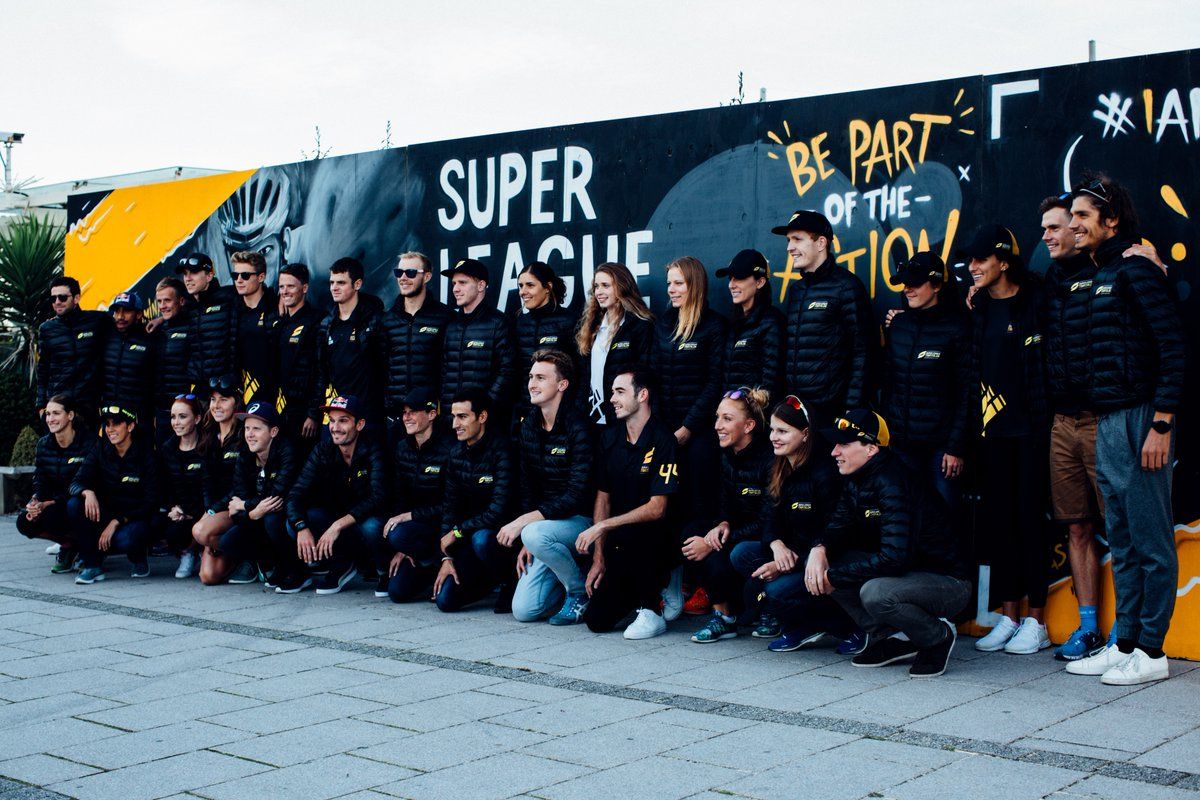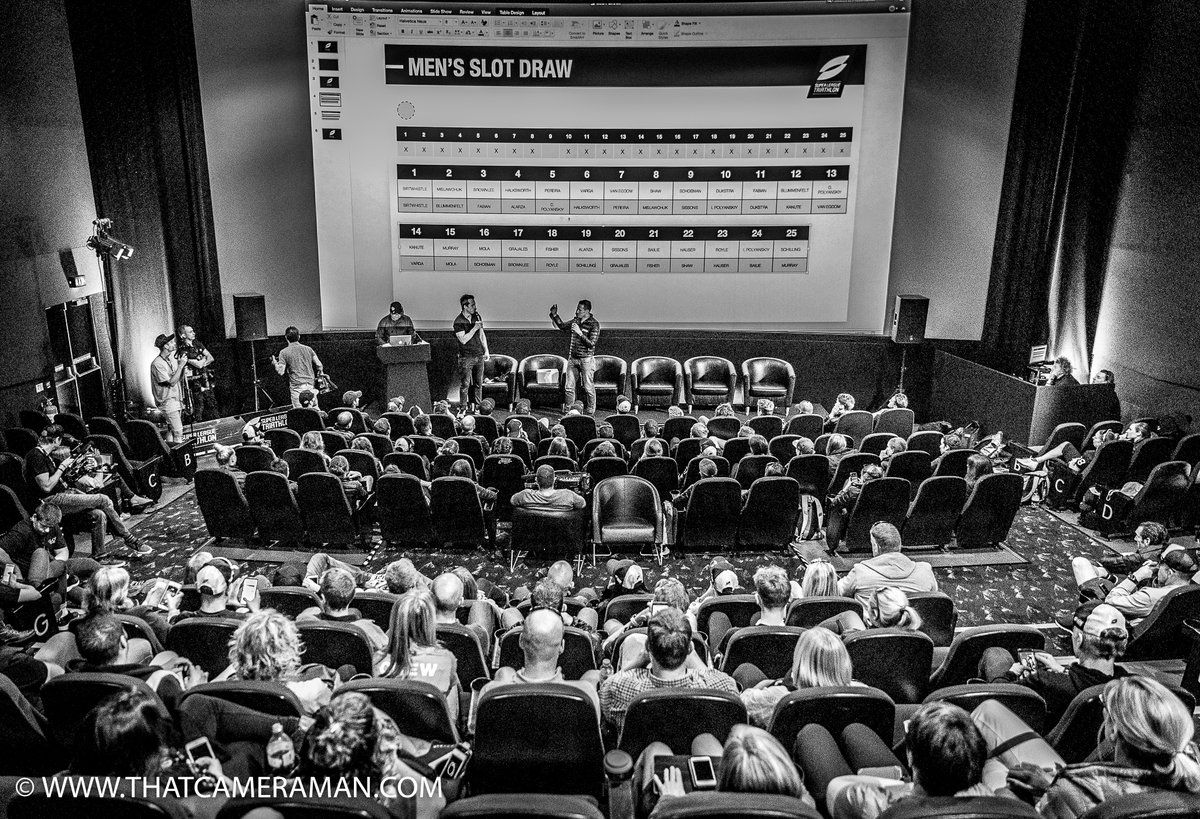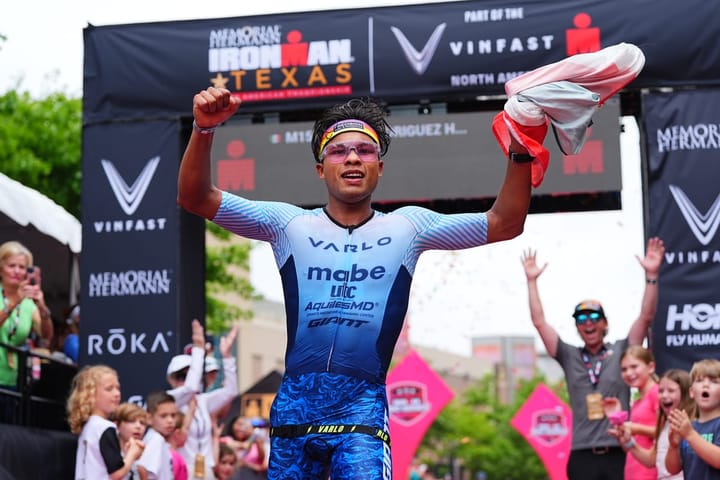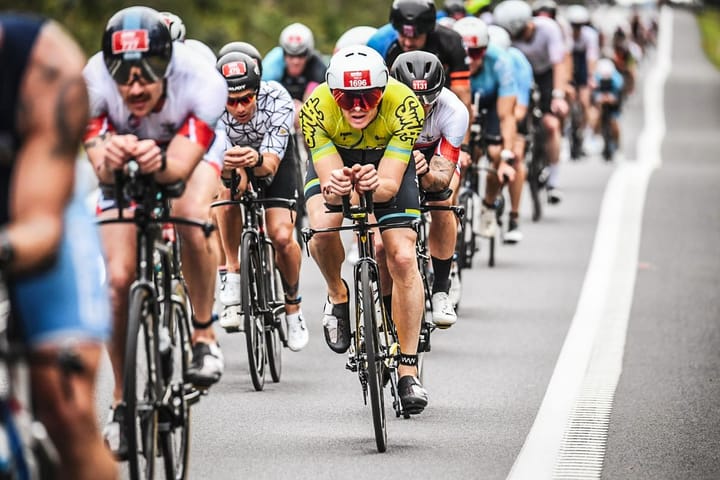Why Young Athlete’s Should Consider Super League in Their Career
Super League is the most lucrative, exclusive league in triathlon, and it’s changing the landscape of the sport. With shorter distances, faster races, harder courses and huge prize money, if you’re not getting into Super League you may be missing out. Super League pays in prize money, appearances an

Super League is the most lucrative, exclusive league in triathlon, and it’s changing the landscape of the sport. With shorter distances, faster races, harder courses and huge prize money, if you’re not getting into Super League you may be missing out.
Super League pays in prize money, appearances and key moves in races
Chris McCormack, the creator of Super League, told Trizone Super League is where the money’s at. “We want to ensure a solid prize purse which is now moving forward bigger than the WTS,” McCormick (Macca) told Trizone. “All aggressive racing will be rewarded with money, not just crossing the line first.”
Ever heard of MVP (most valuable player)? Macca has, and he wants to find the MVP of triathlon. “There may be other possible primes including ‘fan favourite’ and ‘most aggressive/combative,’ and some who are best in the race, like an MVP,” said Macca.
Super League offers athletes, including those young additions who may not be within the top three at the finish line, the chance to win money thanks to aggressive moves during races, and key stage wins.
Even if you’re not first across the line, you can still make money in Super League.
Being a pro doesn’t pay the bills
Unless you’re Flora Duffy, who’s won every triathlon league in the world last year, being a professional triathlete isn’t a financially rewarding job and is fraught with disaster if injury strikes. Even some of the world’s best pros didn’t earn a huge amount of prize money in 2016 despite fantastic results.
Despite placing third in Kona last year, Heather Jackson finished the year earning just $65,000, with Ben Hoffman finished with a reported $62,000. These amounts don’t include sponsorship deals as those amounts are private, but for two some of the world’s top athletes, you can see the sums aren’t huge.
For those pros who don’t make the podium at Kona, especially those who don’t even finish within the top eight at an Ironman race, they don’t even go home with any cash at all.
Expenses for triathletes are huge and often under-estimated
With plenty of athletes paying for their own plane fares, hotel rooms, physiotherapy appointments and other unforeseen travel and medical costs, being a pro can be tough.
Red Bull athlete Jesse Thomas told triathlete.com he predicts he spends $25,000 USD per year on travel. “This means there are around 400 guys with pro licenses making little to no money from the sport,” said Thomas.
But what if triathletes focused their training solely on short course, sprint events like Super League?
Jess Thomas knows prize money isn’t enough
“Prize money will not pay your living. Unless you place in the top three at a world championship, Hy-Vee or Challenge Bahrain, you can’t survive off of just prize money. As an example, here’s my prize money total for a decent post-injury 2014:
- First place at Wildflower Long Course: $5,000
- First place at Ironman 70.3 Mont-Tremblant: $3,000
- Second place at Ironman 70.3 Princeton: $2,000
- Third place at Ironman 70.3 Buffalo Springs: $1,000
- Fifth place at NYC Triathlon: $750
- Sixth place at Ironman 70.3 Vineman: $1,500
- 12th place at Ironman 70.3 World Championship: $0
Super League has 1.5 Million to give away after just 4 races
With just four championships on the Super League calendar for 2017 and $1.5 million USD up for grabs, Super League might just be the answer to a pro’s desperation for prize money. Only thing is, with short, sharp yet exhausting sprint race formats, many pros gearing up for Ironman aren’t prepared for Super League.
Focusing on Super League means working on sprint-distance
Super League is events between the best triathletes in the world, but it’s the shorter course superstars who do best on the lightning fast courses. In the first Super League event on Hamilton Island, Richard Murray was ranked first, followed by Mario Mola and Kristian Blummenfelt. ITU’s Aussie superstar Jake Birtwhistle made it to fourth place.
We weren’t surprised to see any of these top-ranked athletes on the podium, but it was exciting to see ITU’s newest Aussie superstar Matthew Hauser in 11th place. Hauser’s inclusion in Super League, at only just 19, is an indication Super League may be the future for young triathletes. In Jersey last weekend, Hauser finished Stage three in fourth, even further proof it could be the future for younger athletes.
Focusing on ITU means young athletes can compete for their countries, aim for Olympic prestige, but also look to their own financial futures with Super League.

Earn more by doing Super League
ITU’s overall rankings prize of $755,000 tops the chart, with the Ironman World Championship coming in second at $650,000 and the Island House Invitational coming in third at $500,000. Recently though, Macca has secured more prize money than the WTS, making it the most lucrative racing league in the sport.
With so many pro triathletes struggling to make a decent living, Super League might just be the answers to many triathletes’ struggles. What do you think? Is Super League the answer?





Comments ()